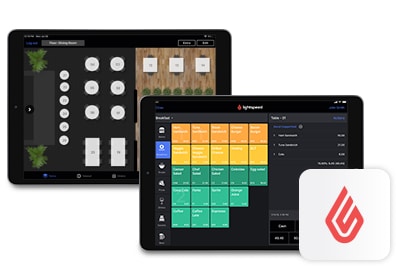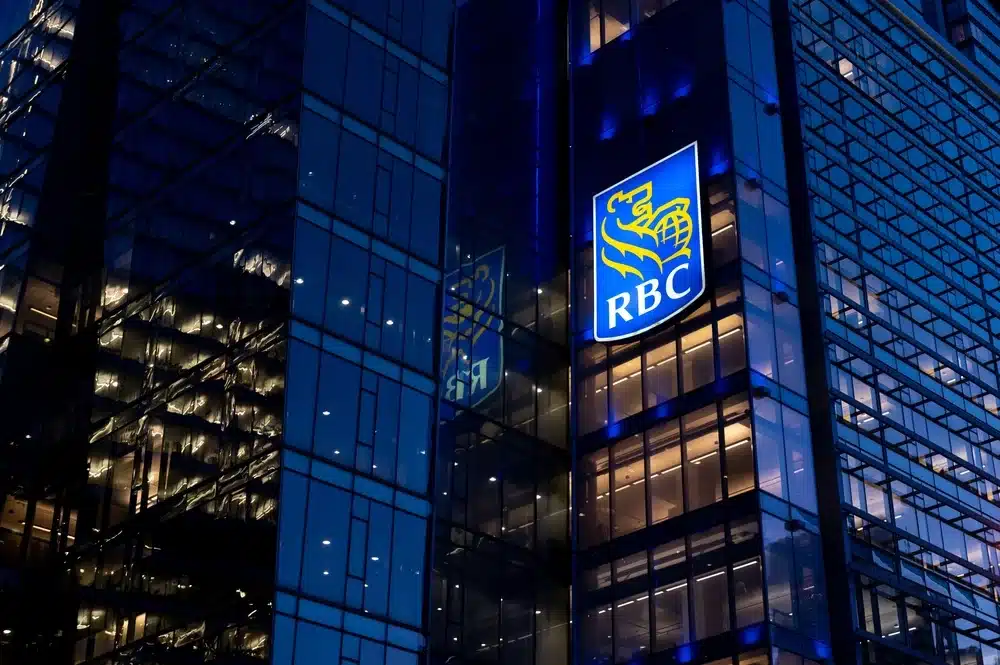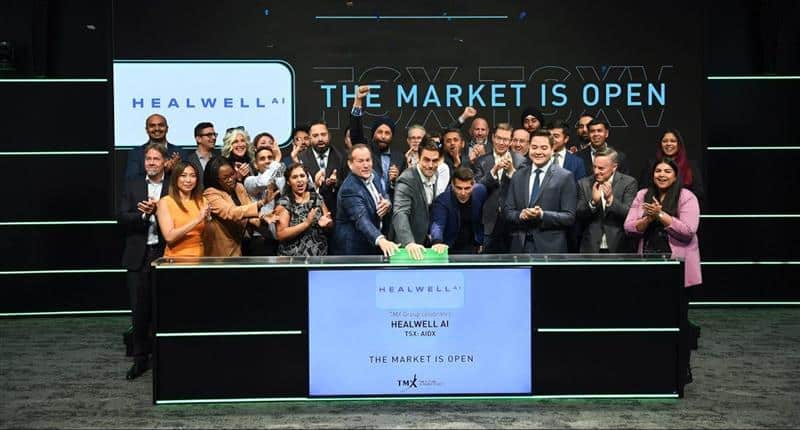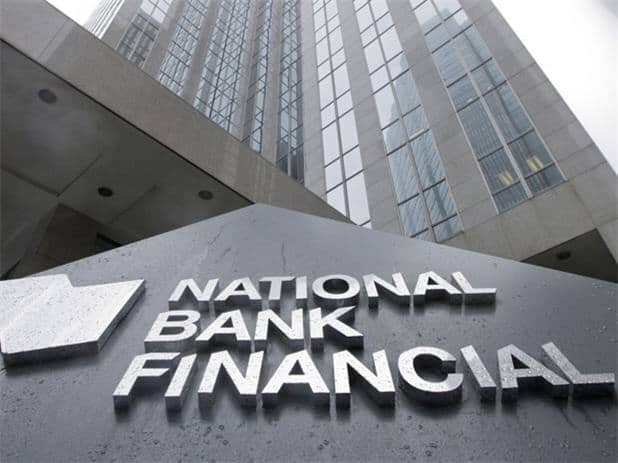
Two Canadian e-commerce plays, both with tonnes of growth ahead in a sector that’s got plenty of tailwinds, but the comparison falls flat after that between Lightspeed Commerce (Lightspeed Commerce Stock Quote, Charts, News, Analysts, Financials TSX:LSPD) and Shopify (Shopify Stock Quote, Charts, News, Analysts, Financials TSX:SHOP). That’s according to Teal Linde of the Linde Equity Fund who argues that all of Lightspeed’s acquisitions in recent years may look good on paper but integrating them into its existing platform could be a stumbling block.
“It’s in our observation that the technology companies that do really well grow organically and Shopify is an example of that. Remember, the founder of Shopify was selling snowboards and he didn’t like the software that was out there for selling snowboards online so he created his own; he was a coder. And then other retailers liked his software and so he started selling it and licensing them and so he stopped selling snowboards started selling a software. Shopify has been able to organically grow,” said Linde, manager at Linde Equity, speaking on BNN Bloomberg on Monday.
“And for technology companies that grow through acquisitions, one of the biggest challenges that they have is integrating all the different types of software. What we’ve observed and talking to people in the IT industry is that the IT people spend more time working on integration rather than innovation. And so, we prefer to invest in technology companies that are organically growing and focusing on innovation rather than the integration of a lot of different technology acquisitions,” he said.
For those of us who haven’t been following the drama over the past few months, Lightspeed, the $7-billion market cap company headquartered in Montreal and now almost three years into its existence as a publicly traded company, was flying high earlier this year when the stock suddenly got the wind knocked out of it, first by a short report in September and then by a quarterly report showing mounting losses.
The result? A stock that was up about 77 per cent year-to-date by mid-September and was close to C$160 per share started dropping and so far hasn’t stopped, trading this week in the low-C$50 range. That puts LSPD at a negative 43 per cent return for the year.
As a company, Lightspeed’s growth over the past 12 months has been remarkable and the progress is worthy of restating. Starting in November of last year, Lightspeed acquired New York-based cloud commerce platform ShopKeep for $145.2 million, then in December it acquired US restaurant management software company Upserve for $430 million. Moving to April of this year, Lightspeed bought New Zealand point-of-sale company Vend for $204.7 million in cash and 2.7 million shares, followed in July by B2B e-commerce platform NuORDER for $206.9 million in cash and 2.6 million shares and then in October by the purchase of Ecwid, an e-commerce platform company based in Encinitas, CA, for $163.6 million. (All figures in US dollars except where noted otherwise.)
All told, that makes for over $1.5 billion in acquisitions in roughly a year’s time, a spate of M&A that was aided by a couple of huge public offerings, first in February where LSPD sold 9.66 million shares for $676.2 million in proceeds and then in August with a round of $8.855 million shares for $823.5 million.
As for Lightspeed’s financials, they clearly saw the effect, with its fiscal second quarter 2022, delivered in November, which saw revenue climb a whopping 193 per cent to $133.2 million and gross transaction volume (GTV) balloon to $18.8 billion. At the same time, LSPD’s net loss went from $19.5 million a year ago to $59.1 million.
“Lightspeed’s powerful commerce platform has helped our customers to not only survive the worst of the pandemic but thrive in the recovery.” said Dax Dasilva, Founder and CEO, in a press release. “With the addition of Ecwid and NuORDER, Lightspeed will continue to deploy revolutionary technology that will allow our customers to meet the future with greater insights, control and confidence than they have ever had in the past.”
Operationally, Lightspeed seems to have benefitted, with the company announcing in December both a new multi-year agreement with Golf Canada for its Lightspeed Golf platform and a partnership between NuORDER and The Bay on digitization of The Bay’s buying and merchandising processes.
But the upshot is it may take a while for Lightspeed to convince the market on the viability of all its acquisitions, with a good chunk of investors potentially staying on the sidelines until LSPD’s losses get narrowed.
Linde says a broader pullback in payments companies will also have to work itself out in Lightspeed’s case.
“There was a short report earlier on that to some people explains why the stock has sold off, and they talk about how these acquisitions are masking other issues in the company,” Linde said. “I can’t really comment on the validity of that.”
“But the whole payment sector whether it’s PayPal, Shopify, MasterCard or Visa, that whole sector has come off, and so it’s hard to say whether it’s company-specific or the sector in general,” he said.
Leave a Reply
You must be logged in to post a comment.





 Share
Share Tweet
Tweet Share
Share




Comment